How to get rid of mould with tea tree oil - the natural hack for killing mould at its root
And all you need is a few drops...
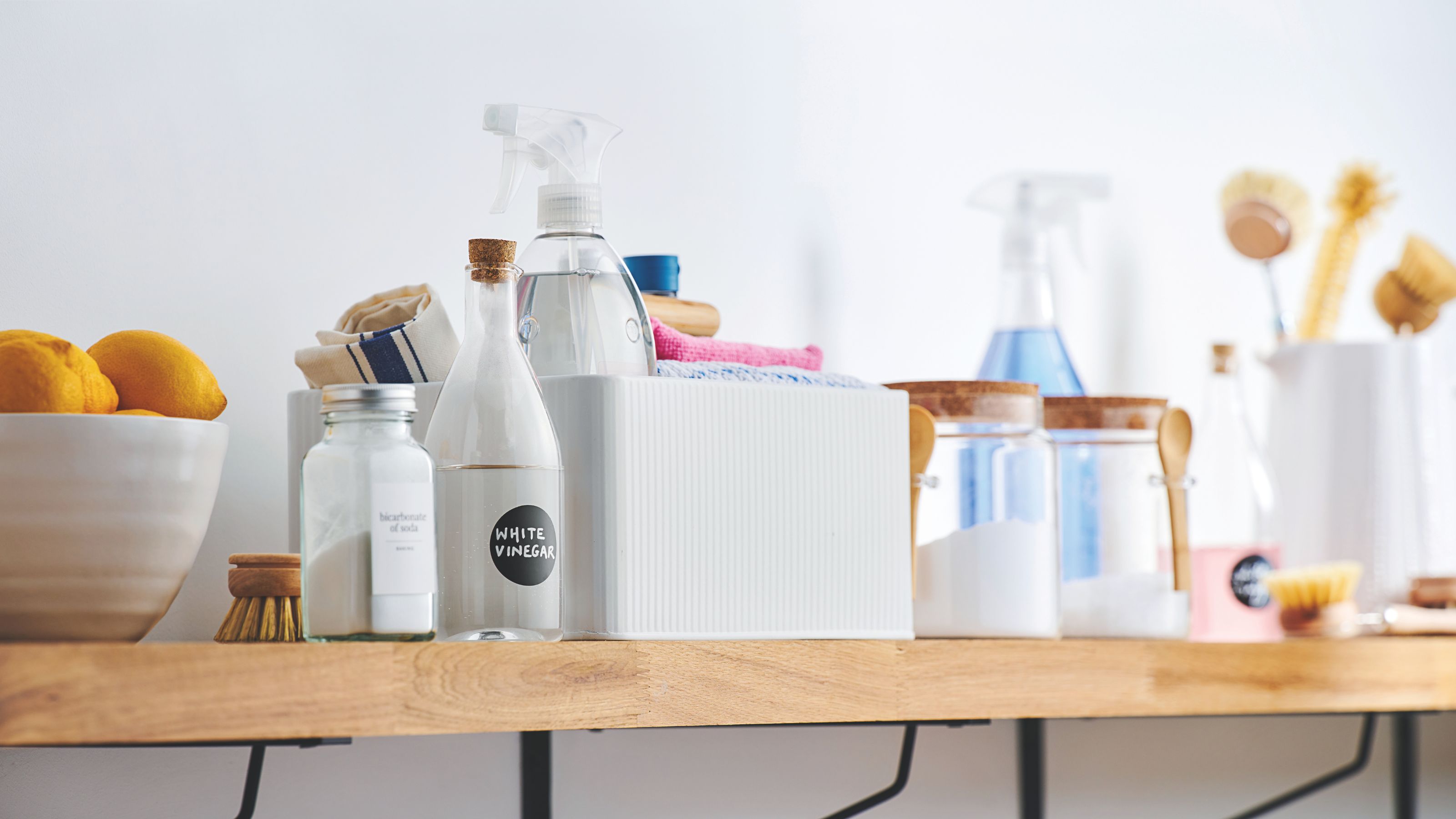

If mould is an ongoing problem in your home then we need to let you in on the tea tree oil mould removal hack we've just discovered. According to experts, it could be the all-natural secret to banishing mould from your house.
With a sudden drop in temperatures across the UK, it can only mean one thing is coming - damp and mould. Sometimes it feels like no matter what you do, mould manages to creep its way back into your home.
If you’ve been looking for ways to get rid of mould off walls, then you may not have discovered the power of tea tree oil. Well-known for its antiseptic, antibacterial and spot-zapping properties, it’s one of many essential oils proven to clean your home naturally.
One cleaning job you should definitely consider using tea tree oil is removing mould. Here’s why a few drops of this powerful oil could be what your cleaning caddy is missing this winter.
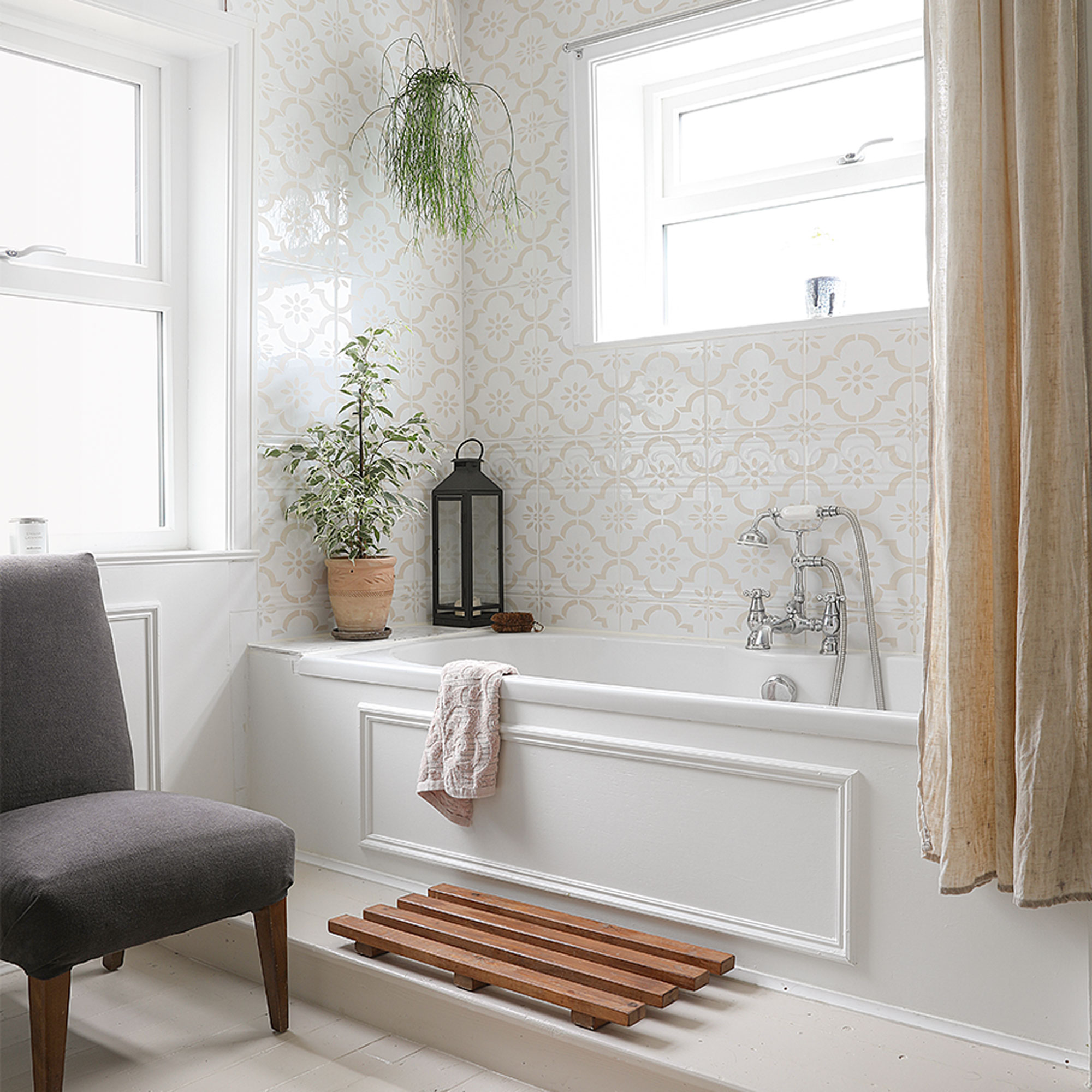
How does it work?
Of course, preventing mould is the ideal scenario and implementing measures such as keeping your home at a constant temperature can help prevent mould from growing.
But sometimes, mould growth can feel inevitable and when it does rear it’s head, it is here tea tree oil’s antibacterial properties come in handy.
‘In clinical studies, tea tree oil proved effective in stopping the growth of two common strains of mould – Penicillium chrysogenum and Aspergillus fumigatus,’ says Dr Jonathan Kirby, Mould Expert at Dryzone.
Get the Ideal Home Newsletter
Sign up to our newsletter for style and decor inspiration, house makeovers, project advice and more.
Tea tree oil kills mould by breaking down the cell wall of the mould spores, causing them to rupture and leak. This means it’s great at preventing mould spores from growing and spreading.
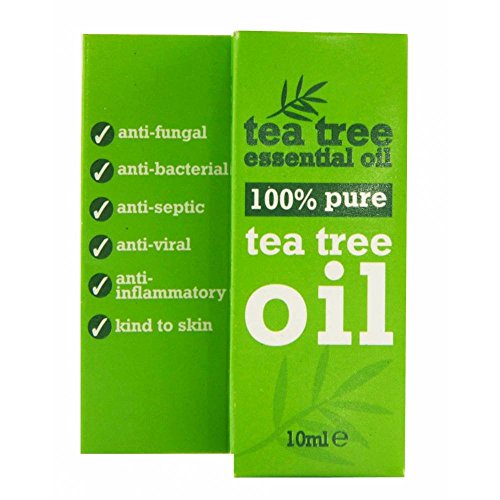
Tea tree oil contains to active compounds called alpha terpineol and terpene-4-ol which break down the cell wall of the mould spores, killing it in the process.
How to clean mould with tea tree oil
The good news is that it’s really easy to use tea tree oil to clean mould.
‘Create a tea tree oil solution by mixing one teaspoon of tea tree oil with one cup of water in a spray bottle. Then, shake the mixture well before each use, as the oil can separate,’ says Polya Petrova, kitchen cleaning professional at Fantastic Services.
‘Spray the solution directly onto mould-affected areas and keep in mind that the tea tree oil is safe to use on non-porous surfaces like tile, glass, and sealed wood. For porous materials (like fabrics or drywall), apply lightly to avoid oversaturation.
‘Then let it sit and allow the tea tree oil solution to sit for at least an hour because this gives the oil time to break down the mould. After letting it sit, use a clean cloth to wipe the area and keep in mind that for stubborn spots, reapply the solution and scrub gently with a brush or sponge.’
Even something as simple as keeping a diffuser filled with tea tree oil in damp places like your bathroom can help beat mould growth. The diffused oil can help kill mould spores in the air.

Safety precautions

Tea tree oil is flammable, can irritate skin and is harmful to dogs, so if you plan on using it to clean mould in your home, it’s wise to take these safety precautions into consideration.
‘Tea tree oil has a strong scent, so ventilate the area afterwards and open windows or turn on fans to help dissipate the smell. Tea tree oil is strong, so wear gloves to protect your skin and work in a well-ventilated space. While tea tree oil is natural, it can still be toxic if ingested or inhaled in large quantities,’ says Polya.
Mould is also toxic, so it’s important to protect yourself against mould when cleaning it in general.
‘Certain types of mould are toxic and many products used to clean it can irritate the skin and lungs, so be sure to use rubber cleaning gloves, goggles and a mask,’ says Dr Jonathan.
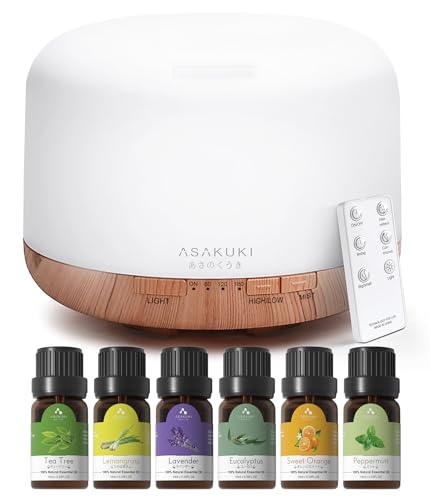
Keeping a diffuser in damp spaces like your bathroom can help combat mould. The tea tree oil released by the diffuser can help kill mould spores in the air.
Finding natural alternatives to harsh chemicals is always good thing when it comes to cleaning - even better when this natural ingredient happens to be an expert in mould-banishing. We recommend keeping this powerful oil stocked up in your cleaning arsenal.

Kezia Reynolds joined the Ideal Home team as News Writer in September 2024. After graduating from City, University of London in 2022 with a bachelor’s degree in journalism, Kezia kicked off her career spending two years working on women’s weekly magazines. She is always on the lookout for the latest home news, finding you the best deals and trends - so you don’t miss a thing!
-
 5 signs you’ve taken decluttering too far — and how you can pull yourself back, according to organisation experts
5 signs you’ve taken decluttering too far — and how you can pull yourself back, according to organisation expertsYou might have to start resisting the urge to purge
By Lauren Bradbury
-
 What is the Party Wall Act 3m rule and is it something you should be worried about? This is what the experts say
What is the Party Wall Act 3m rule and is it something you should be worried about? This is what the experts sayDon't get caught off-guard by the Party Wall Act 3m rule — our expert guide is a must-read
By Natasha Brinsmead
-
 Shoppers can’t get enough of The Range’s lemon tree, but I’ve found an even cheaper bestseller at B&Q - it’s perfect for a Mediterranean look
Shoppers can’t get enough of The Range’s lemon tree, but I’ve found an even cheaper bestseller at B&Q - it’s perfect for a Mediterranean lookWelcome the summer with this glorious fruit tree
By Kezia Reynolds
-
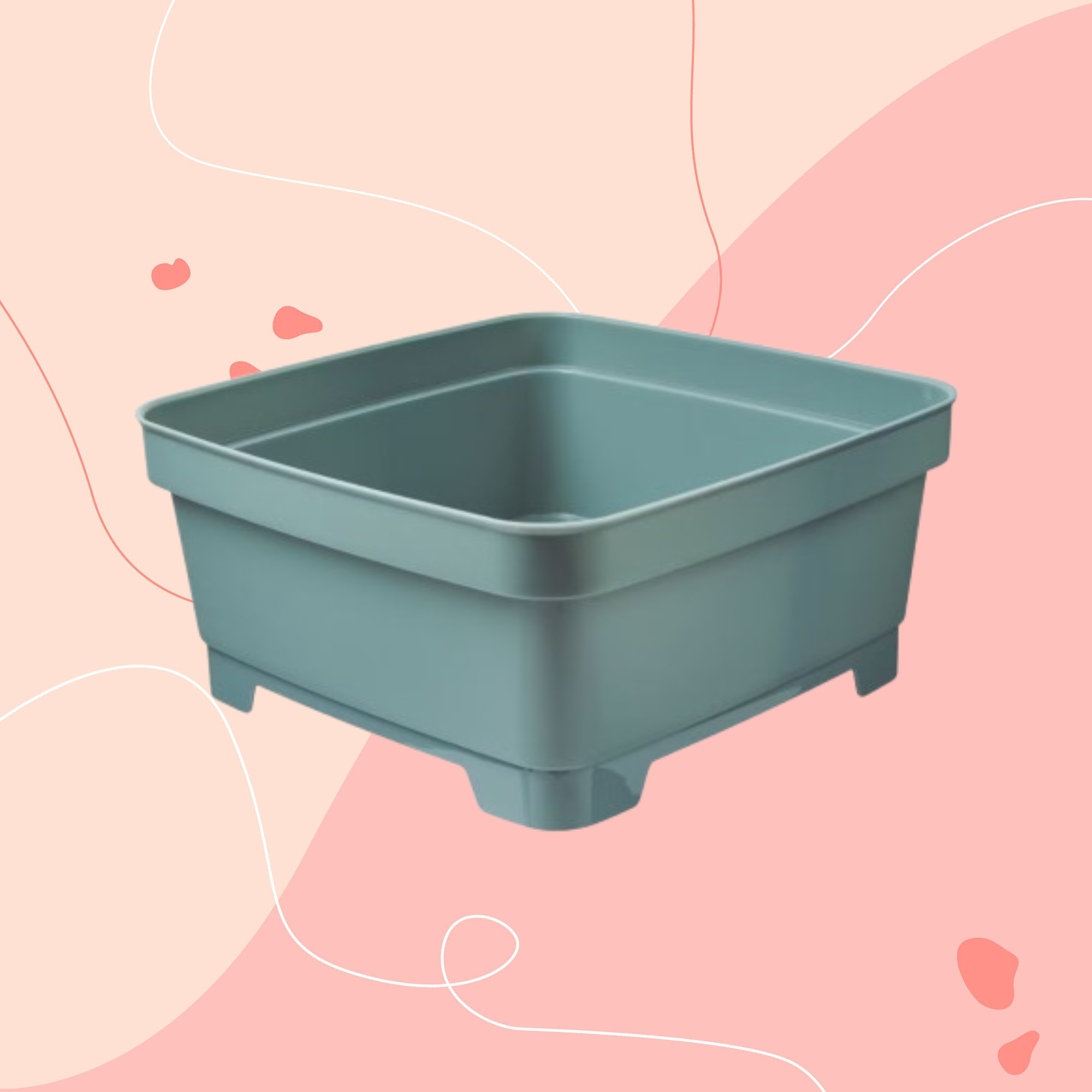 Aldi is releasing a budget alternative to the cult Joseph Joseph washing up bowl – it’s just £4.99
Aldi is releasing a budget alternative to the cult Joseph Joseph washing up bowl – it’s just £4.99The Joseph Joseph washing up bowl is an Ideal Home favourite - now we can't wait to try Aldi's alternative
By Kezia Reynolds
-
 I just bought my first home, and this £10 buy was the very first thing I bought for it to make it feel warmer and secure
I just bought my first home, and this £10 buy was the very first thing I bought for it to make it feel warmer and secureIf I did it all again, this would still be my very first buy
By Rebecca Knight
-
 It’s normally impossible to find a Dyson vacuum for under £250 — but QVC has slashed the price of their bestselling models for a limited time
It’s normally impossible to find a Dyson vacuum for under £250 — but QVC has slashed the price of their bestselling models for a limited timeRun don’t walk to pick up the brand’s bestselling model for under £230 before it sells out
By Lauren Bradbury
-
 Catherine Zeta-Jones has revealed the cleaning product she swears by to keep her home fresh - and it’s just £8 on Amazon
Catherine Zeta-Jones has revealed the cleaning product she swears by to keep her home fresh - and it’s just £8 on Amazon'I use it on my counters. I use it on my walls. I use it on my doors. When I smell it, I know my house is clean.'
By Kezia Reynolds
-
 I tested the 12L Challenge dehumidifier in my damp Victorian home over winter — I haven’t spotted any signs of mould for the first time in five years
I tested the 12L Challenge dehumidifier in my damp Victorian home over winter — I haven’t spotted any signs of mould for the first time in five yearsThe Challenge 12L dehumidifier doesn’t have too many bells and whistles, but I can already see the difference it’s made to my damp home
By Lauren Bradbury
-
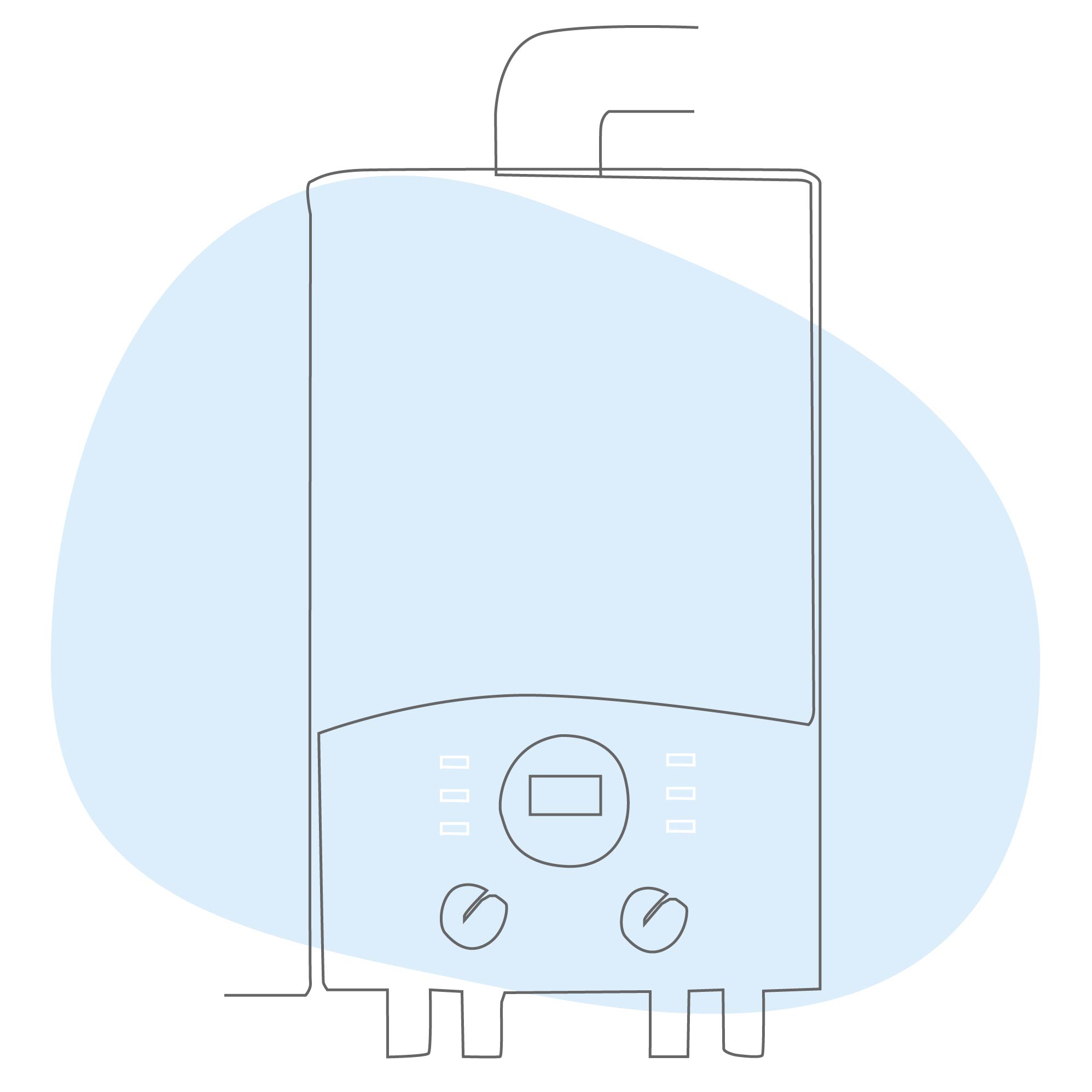 What is boiler flow temperature? Heating experts urge you to check yours now as you could be overpaying on your energy bills
What is boiler flow temperature? Heating experts urge you to check yours now as you could be overpaying on your energy billsTurning this little-known number down just a few degrees can result in some serious savings
By Lauren Bradbury
-
 Stacey Solomon has shared 5 nifty wardrobe storage hacks to make getting ready in the morning easier — and they're genius
Stacey Solomon has shared 5 nifty wardrobe storage hacks to make getting ready in the morning easier — and they're geniusThese five wardrobe storage hacks are a gamechanger
By Katie Sims
-
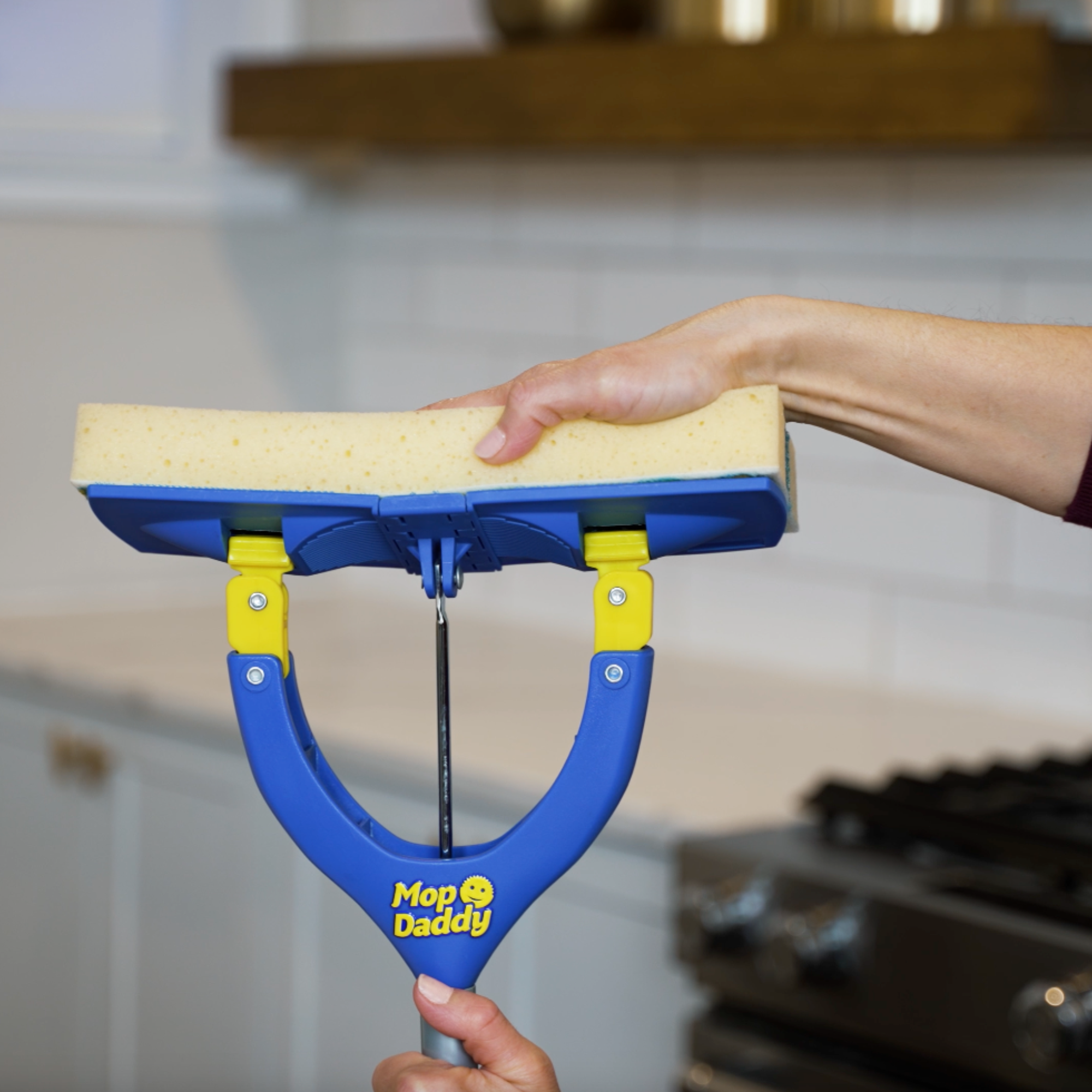 Cult cleaning brand Scrub Daddy has just launched a brand new butterfly mop — could it be the ultimate solution for banishing stubborn marks on your floor?
Cult cleaning brand Scrub Daddy has just launched a brand new butterfly mop — could it be the ultimate solution for banishing stubborn marks on your floor?We're obsessed with all things Scrub Daddy
By Kezia Reynolds